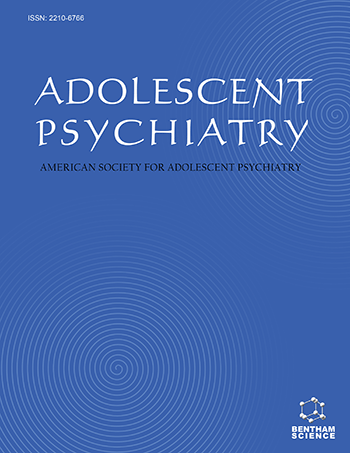Abstract
Background: Universal screening of adolescents for substance use and subsequent brief intervention has been recommended as a component of routine medical care by several professional societies, although the evidence base for such practice is less robust than that for adults.
Method: We review the literature and synthesize research findings on screening and brief intervention with adolescents.
Results: Several screening tools have been validated for use with this age group. While brief intervention with adolescents has not been studied as extensively as with adults, research to date suggests that interventions are promising and may be most effective if appropriately targeted based on screen results.
Conclusions: Outpatient mental health treatment is an opportunity to present highly relevant messages targeted at preventing or reducing substance use to children and adolescents who are at high risk of developing substance use disorders, and also to identify and intervene with patients who may already have a substance use disorder. Further evaluation to determine the efficacy of these brief interventions in the outpatient mental health setting is needed.
Keywords: Adolescents, substance abuse screening, brief intervention, motivational interviewing, risk.



























